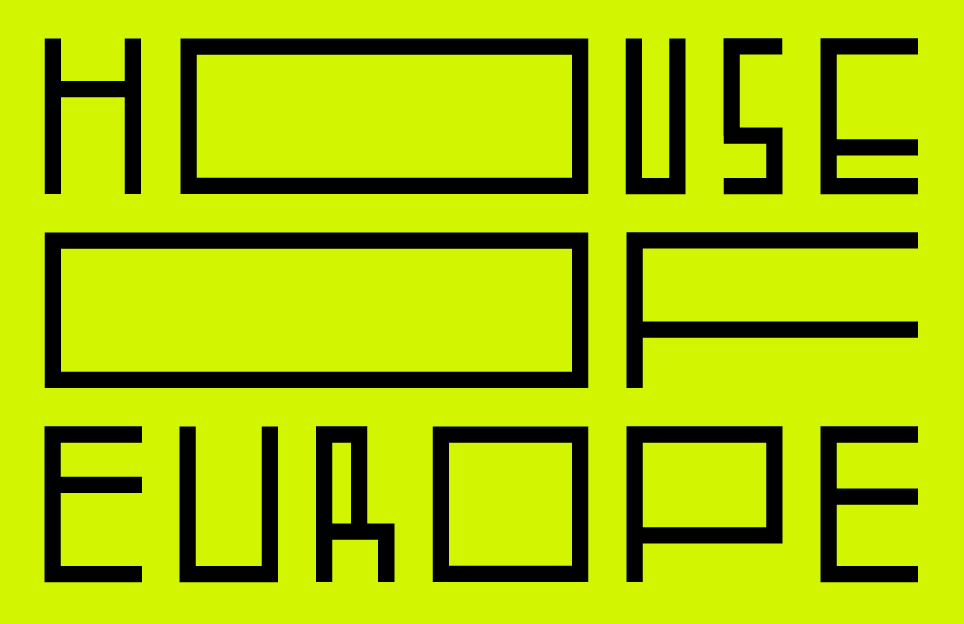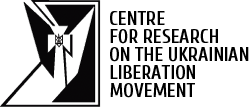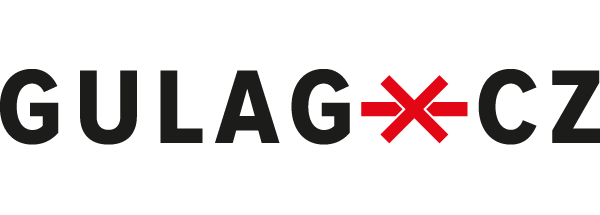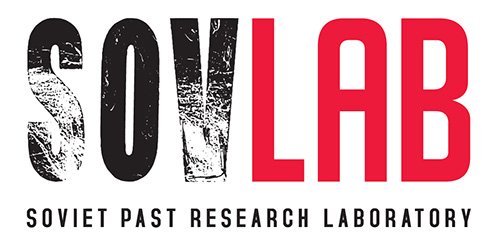
Pavel
Kohout
poet, playwright and writer
1928
|
He was one of the prime representatives of socialist realism and the style known as ‘builders’ poetry’ after February 1948 and in the early 1950s; he became a successful playwright in the 1960s. He was actively involved in the communist reform efforts of 1967 to 1968, and was expelled from the communist party in 1969. After that, he was not allowed to publish or work in his field; he signed the Declaration of Charter 77 in 1977. He lived in a forced exile in Vienna from 1979 and returned to Czechoslovakia after 1989.
Years later, Kohout would explain his own communist past why he joined the party after the 1948 coup with the period context. Czechoslovakia had experienced the failure of capitalism and Western democracies just before the war. After the arrival of the communists, Pavel Kohout was in an environment that encouraged communists.
“When, in a matter of several years, I suddenly found myself in a situation – just as hundreds of thousands of communists did – where we discovered that it was all just a bloody rip-off and that we actually served to conceal crime, we all had a few options: either to shoot ourselves, or to jump out of a window, which several people did, (…) or to embrace it and say: It has happened, it is our life, and we will work our way out of this for the rest of our lives. Or we could say: For Christ’s sake, what can we do about it? We are guilty of this too…”
The slow ‘sobering up’ from communism came in the 1950s and 1960s. Kohout started writing plays that criticised the contemporary situation in the communist society, and he lost his communist party membership card in 1955 for the first time.

With the advent of the Prague Spring, he joined the reformists among Czechoslovak communists. At a writers’ congress in 1967, he delivered a starkly critical address and read Solzhenitsyn’s letter on freedom of speech. Kohout was one of the prominent figures of the Prague Spring. Following the August invasion and with the onset of the normalisation, he was gradually ousted from the official culture.
From 1975 on, StB considered various options for ruining Pavel Kohout’s reputation among the dissidents and in society at large. For example, it proposed to film a defamatory programme about him, showing the general public his wealth (he lived in an apartment in Prague’s Hradčany quarter, and owned a weekend house and a Renault car). What StB was trying to achieve was for Kohout to lose credibility among opposition activists home and abroad, and to incriminate him on the basis of his allegedly good relationships with StB:
“Then, create an atmosphere of distrust around Pavel Kohout in rightist circles with the help of the agency and other suitable persons, because the Ministry of the Interior benevolently allows KOHOUT to travel despite his negative comments. The same ‘legend’ should be disseminated abroad through the 1st Administration of the Federal MoI [the Czechoslovak intelligence unit].”



StB’s pressure escalated after Kohout signed the Declaration of Charter 77. The secret police won over several people close to him to monitor his activities, checked his mail, tapped his telephone and installed microphones in his dwelling. Kohout was repeatedly arrested and interrogated, his driver’s licence was withdrawn, and he received lots of “anonymous” hate mail from his “annoyed fellow citizens”. He was evicted from his Prague apartment in May 1977 and had to live in his weekend chalet in Sázava. There, in June 1977, he was visited by four local workers (sent by StB) who urged him as a “traitor of the nation” to leave the town and, better yet, the country.

The record of the visit says: “The conversation was very harsh, intending to not let KOHOUT speak and to sternly discourage him from staying in Sázava. He was told that things might not end with writings on his door and that he could fall victim to people who have a clear opinion on his activity. Therefore, he could take the conversation either as a warning or as a threat. Pavel KOHOUT was surprised by the conversation, and especially by so many people visiting.”
The persecution escalated in 1978: StB sent Kohout an ‘anonymous’ blackmail letter claiming half a million crowns in June; explosives were fitted to his car in July; and his dog was poisoned in August.



Under the pressure, Kohout agreed to take a one-year working trip to Austria. When he wanted to return to Czechoslovakia in October 1979, he was not allowed to and his Czechoslovak citizenship was withdrawn.



The pretext for banning him from returning was that Pavel Kohout had held several interviews with western journalists and, more importantly, that he released his novel, Katyně (Female Executioner), which StB described as a “vulgar, anti-Czechoslovak and antisocialist pamphlet.”






